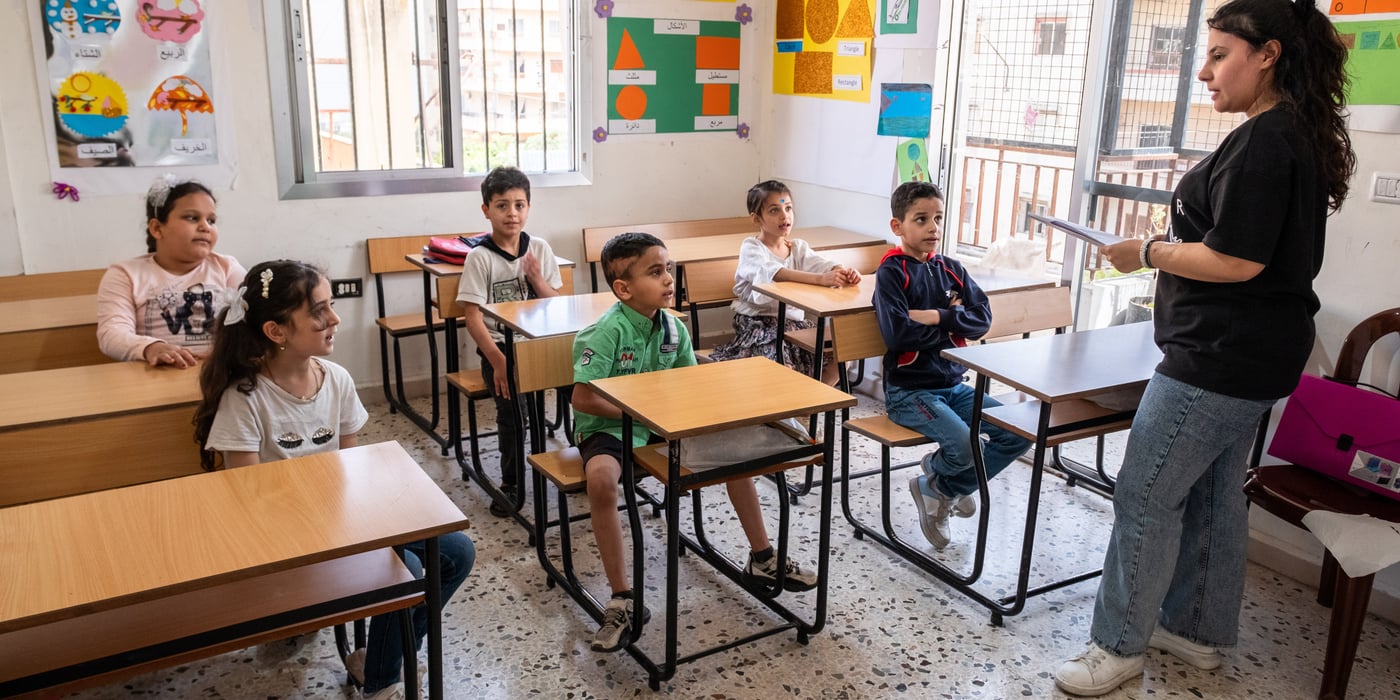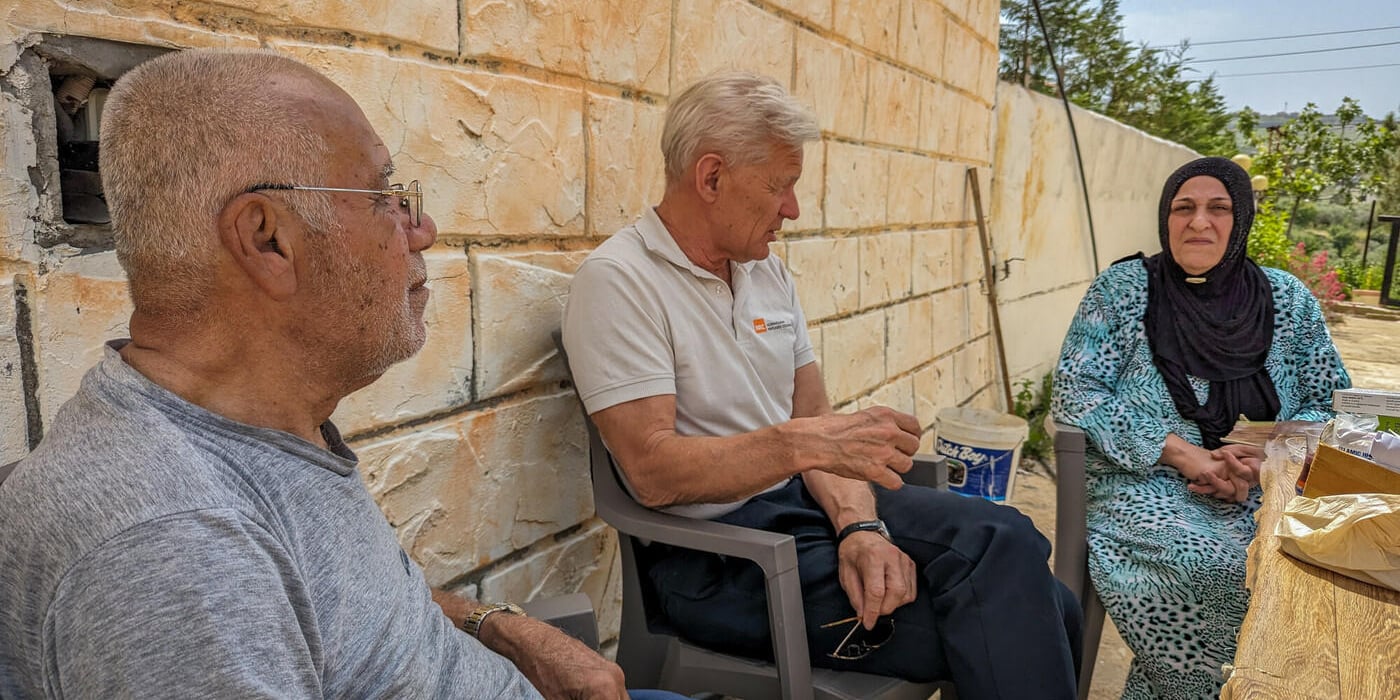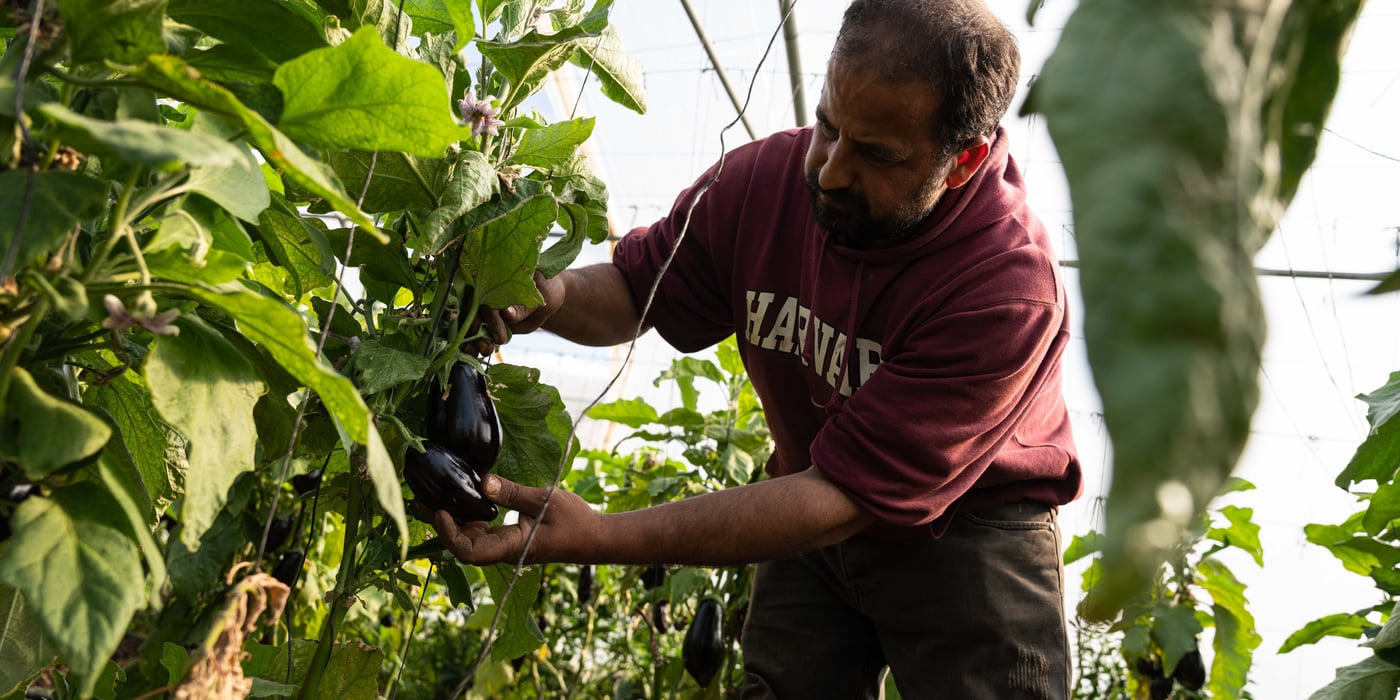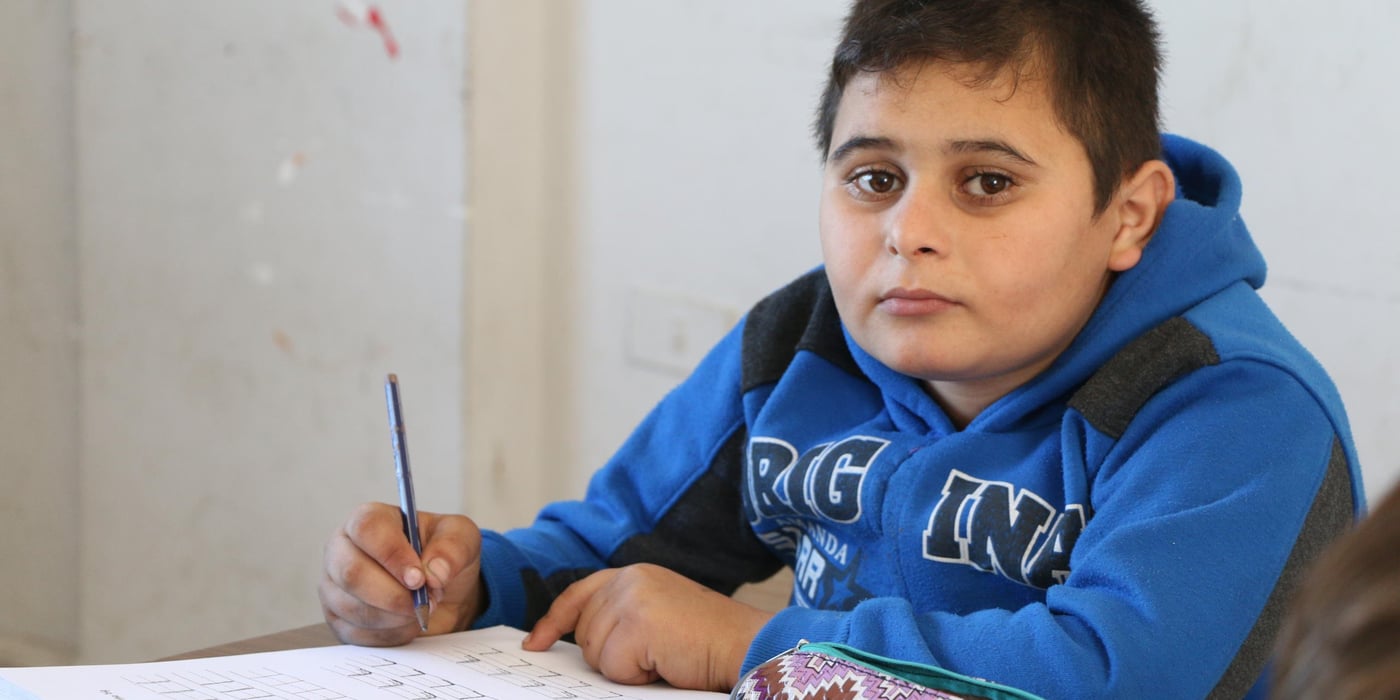
There are 488,000 school-aged Syrian refugee children living in Lebanon, according to a recent UNHCR assessment. Across the country, Syrian refugee parents are concerned about their children’s education. They worry that their children will be part of a lost generation.
Yazan, 10, is among the generation of millions of Syrian children whose education was interrupted by the war in Syria. In early 2018, Yazan and his family fled Syria and resettled in a village in South Lebanon.
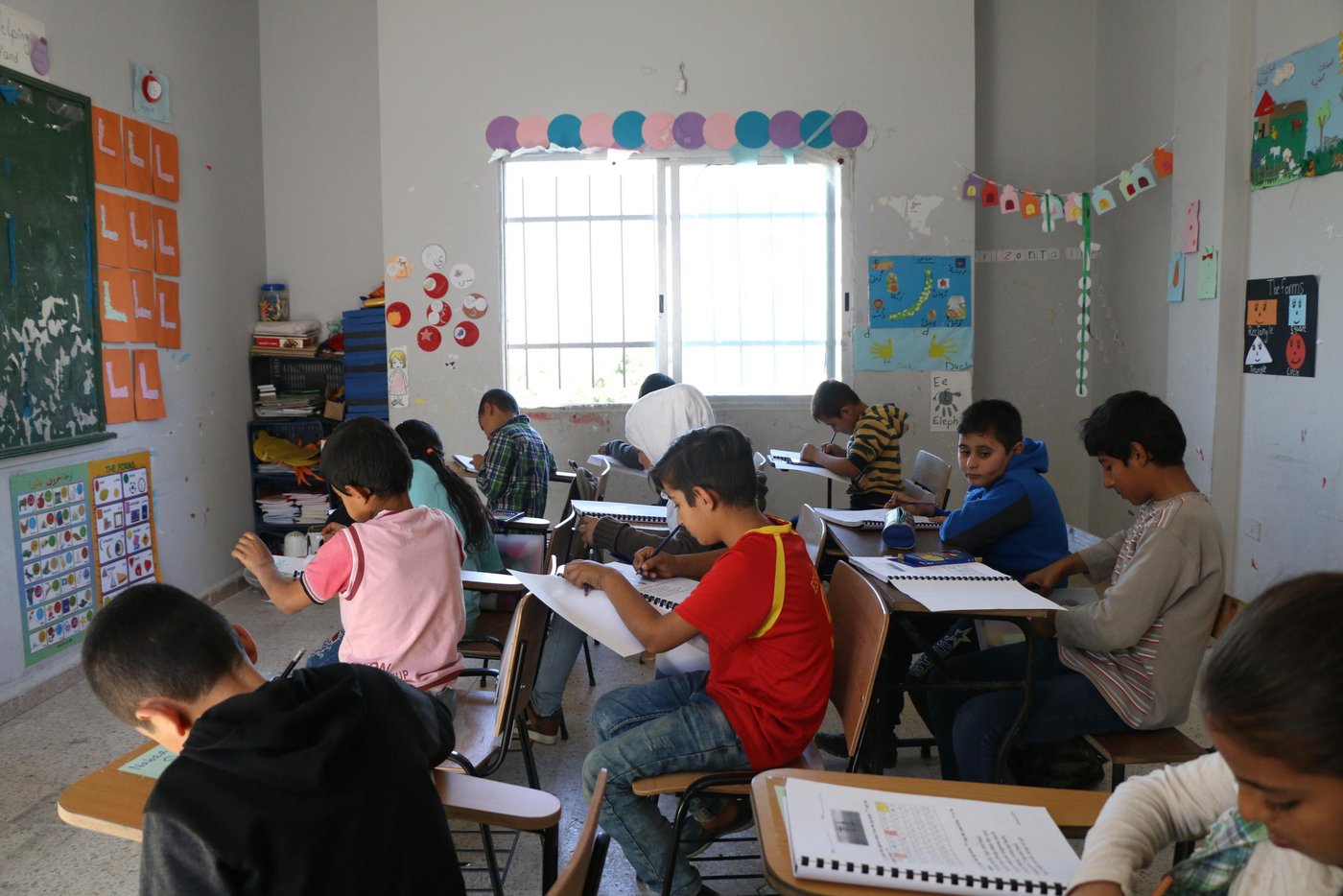
A basic right
Yazan has been enrolled in the Norwegian Refugee Council’s (NRC) basic literacy and numeracy programme in Lebanon, which is funded by the European Civil Protection and Humanitarian Aid Operations (ECHO), where he studies English, Arabic and mathematics.
“My favourite subject in school is Arabic,” says an excited Yazan. “I think it’s much easier than English because it’s difficult for me to understand the English words,” Yazan explains.
Amira, Yazan’s mother, fled Syria to secure a future for her children. “The main reason I fled to Lebanon is because I wanted to provide my children with a proper education,” says Amira. “It’s not acceptable to deprive them from this basic right,” she continues.
The main reason I fled to Lebanon is because I wanted to provide my children with a proper education. It’s not acceptable to deprive them from this basic right.AMIRA, Yazan’s mother
In Syria, Yazan attended an non-formal education centre for three years where he was taught in Arabic. Like many other Syrian children in Lebanon, he is having had difficulties making the linguistic shift from Arabic to English, as the curriculums are mainly in French or English.
Interrupted education
When Yazan finished his classes with NRC, Amira tried to register him at the closest public school. “The administration asked us for an attendance sheet from the school in Syria, our family booklet and an individual civil extract to register Yazan at the school,” says Amira. “His application was accepted and Yazan started school. But around ten days later he was suddenly asked not to come anymore,” explains Amira.
This year, Yazan and thousands of other Syrian refugee children were not able to enroll in formal education and receive homework support because of a funding gap. According to a recent NRC briefing note, education sector partners received only 52 per cent of the funding requested through the Lebanon Crisis Response Plan. In November 2018, the Ministry of Education and Higher Education (MEHE) reported a 17 per cent funding gap for non- Lebanese children attending preparation for early childhood education (ECE).
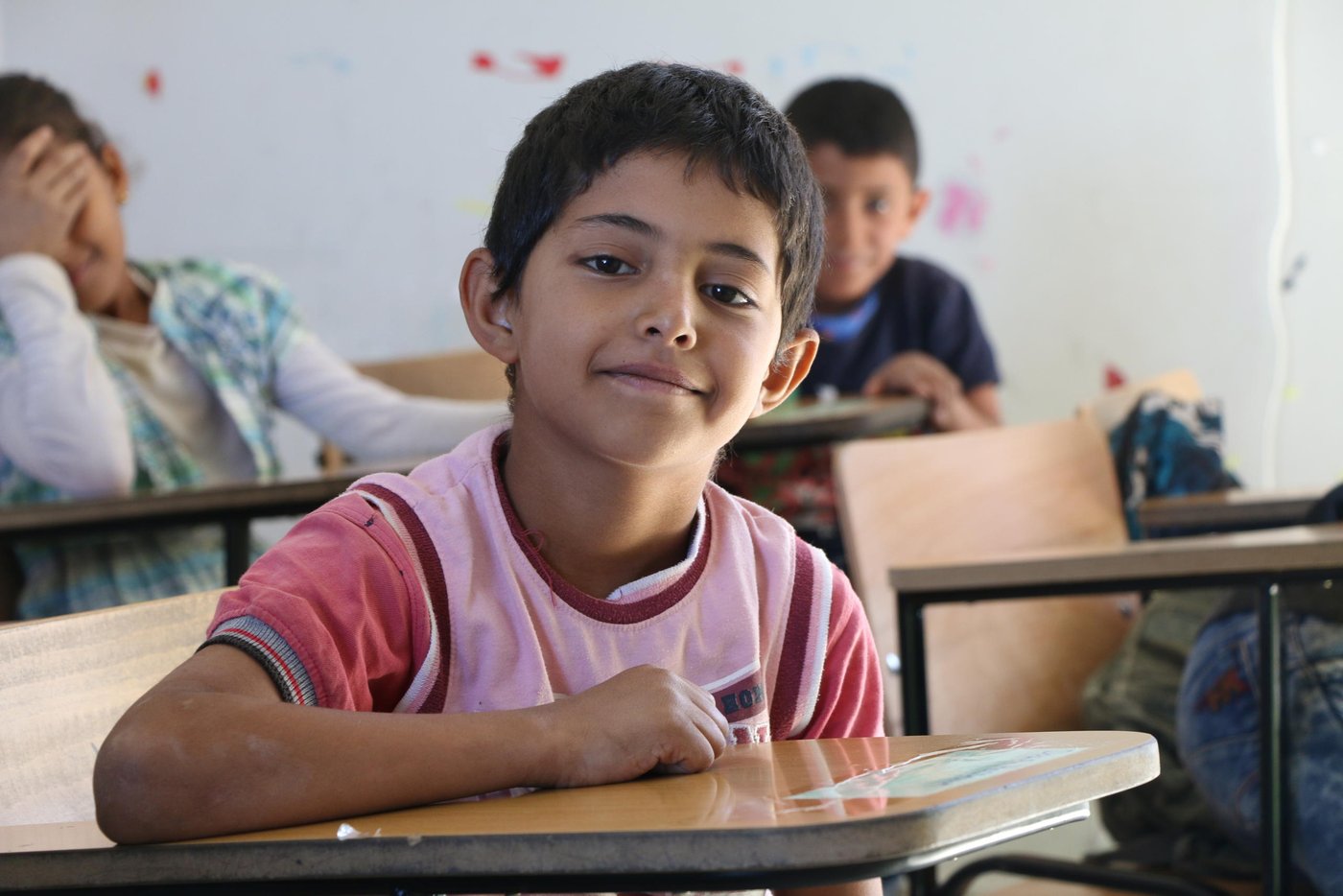
As a result, public schools stopped accepting new students to the second shift schools, the measure which was taken in order to accommodate Syrian students within Lebanese public schools. Recent NRC research shows that, while the double shift strategy has increased overall enrolment, many areas still can’t meet capacity demands. In Arsal, for example, only 30 per cent of the total Syrian school-age population of 14,400 are enrolled in recognised learning programmes.
We can’t afford to enroll Yazan in a private school here in Lebanon because the fees are very expensive.AMIRA, Yazan’s mother
New registration was limited to kindergarden and grade one students – if they had a certificate stamped by the MEHE – or for accelerated learning programme (ALP) students who passed all learning cycles, preconditions which have been implemented arbitrarily. According to NRC data, only 41 per cent of students who completed the same Basic Literacy and Numeracy programme as Yazan successfully enrolled in formal education for the 2018–2019 school year.
“We can’t afford to enroll Yazan in a private school here in Lebanon because the fees are very expensive,” says Amira.
Negative coping mechanisms
“Yazan is a very clever and polite student. Despite his family’s dire living conditions, he insists on continuing his education,” says Jinan, NRC’s education officer. Jinan explains that a medical clearance letter was added as a requirement for the registration application this year, which is complicating the school registration process for Syrian families. “This document is not easy for the parents to provide because they either live far from a medical centre that can issue this report or because they can’t afford it.”
Syrian parents are worried that their children will spend years without education, and some parents try their best to teach their children the basics of how to read and write at home. But unfortunately, families with children – especially girls – who do not continue their education, resort to negative coping mechanisms such as early marriages or child labour.


